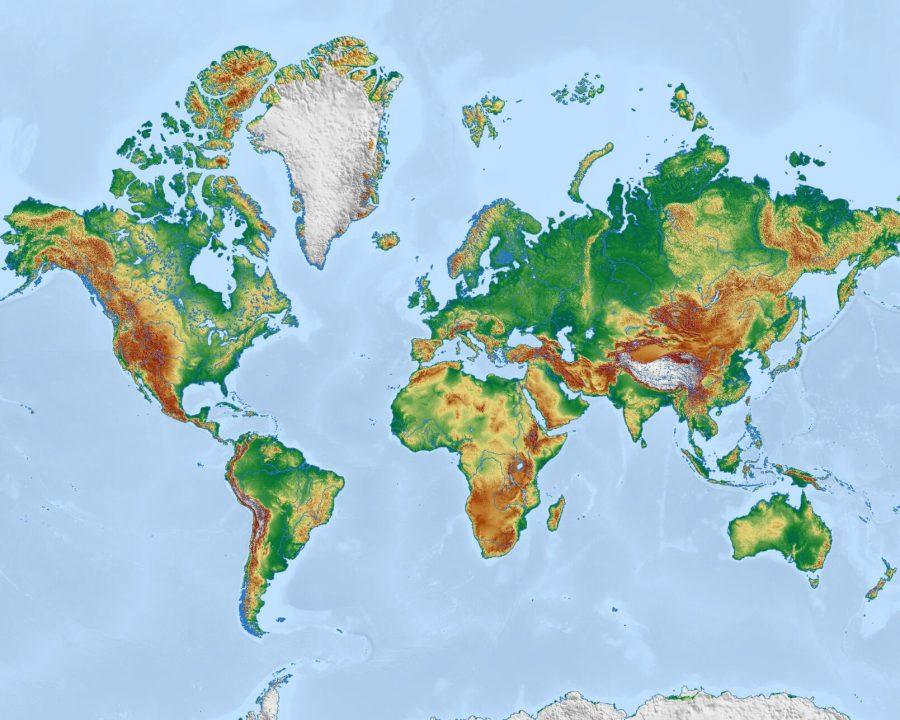If you aren’t a Political Science or International Relations major, chances are you won’t be extremely familiar with the complex matters surrounding the rules that govern the international arena. From the news to social media, issues surrounding international relations substantially change the way the global economy functions and how nations interact with each other on a year-to-year basis. While you may be familiar with the United Nations and major global alliances, you might not be familiar with the overarching themes that govern the international world we live in. Understanding these things, concepts such as global supply chain management and international allyships become more and more clear. While international relations is, by no means, a simple concept, there are key features that any university-educated student should know.
The International Arena is anarchic
If you’ve ever taken an intro to international relations, you will probably remember your professor stressing that the international stage is anarchic. International relations cannot and will not force nation-states to act in a certain manner, all they can do is use external pressures to try. However, success is not guaranteed. In this way, nations nearly always act in their best self-interest, from the United States to China, to smaller nations such as El Salvador and Singapore. Regardless of their status on the international stage, nations always act in their own self-interests despite perhaps acting to care about international concerns, such as climate change.
Despite the plethora of international organizations such as the United Nations, NATO, and the World Bank, nations have no rules that govern the way they act. Although there are internationally recognized treaties such as the Geneva Convention, nations are free to act however they wish, unless they join some kind of confederation, as is the case of the European Union. And as we have seen with Brexit, although it is difficult, nation states are free to leave international confederations at their own will. Although the rules that govern the international arena can in ways influence nations’ decisions, nations are free to act in the way they wish, with no regard for other nations.
Nations can use measures to isolate other countries
In many ways, nations have a tendency to act like young children in the school yard. If a nation such as North Korea was not complying with the international standards, the United Nations can use sanctions or the threat of sanctions to force North Korea to comply. Sanctions can be levied by individual nations as well as international organizations as leverage to require nations to improve their human rights record, as an example. However, nations are by no means required to follow the UN’s sanctions; nations such as China and Russia regularly violate sanctions against nations with poor human rights.
The international arena is often a complicated, messy and frustrating place to exist. The hypocrisy that occurs by nations such as China and the United States can make even the most optimistic IR researcher feel helpless. However, modern conventions such as consulates and diplomats have increased the rate at which countries communicate with each other. As nations continue to interact in positive ways, the world will continue to strive towards a place where nations are best equipped to interact with each other in a peaceful, respectful manner.





















































